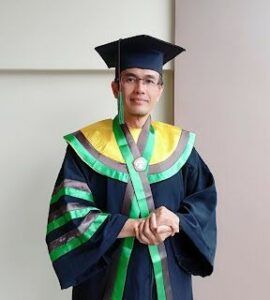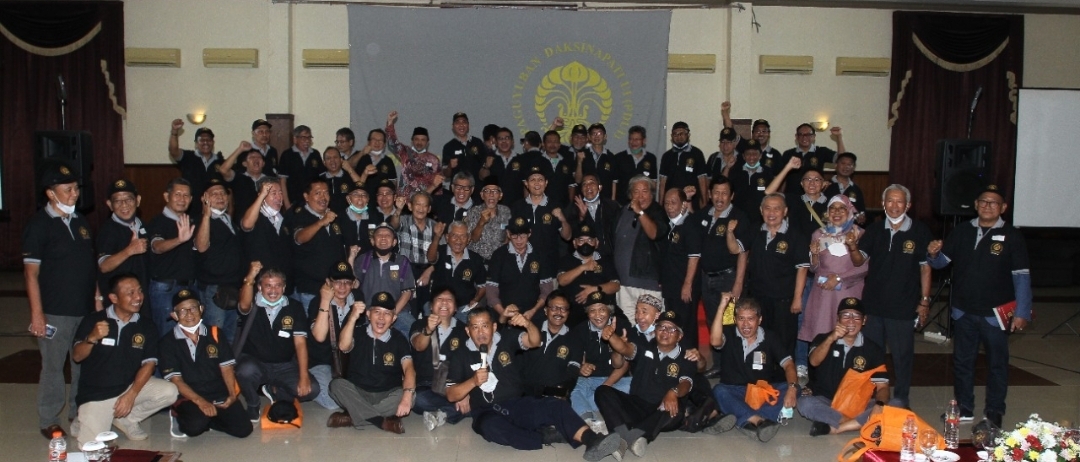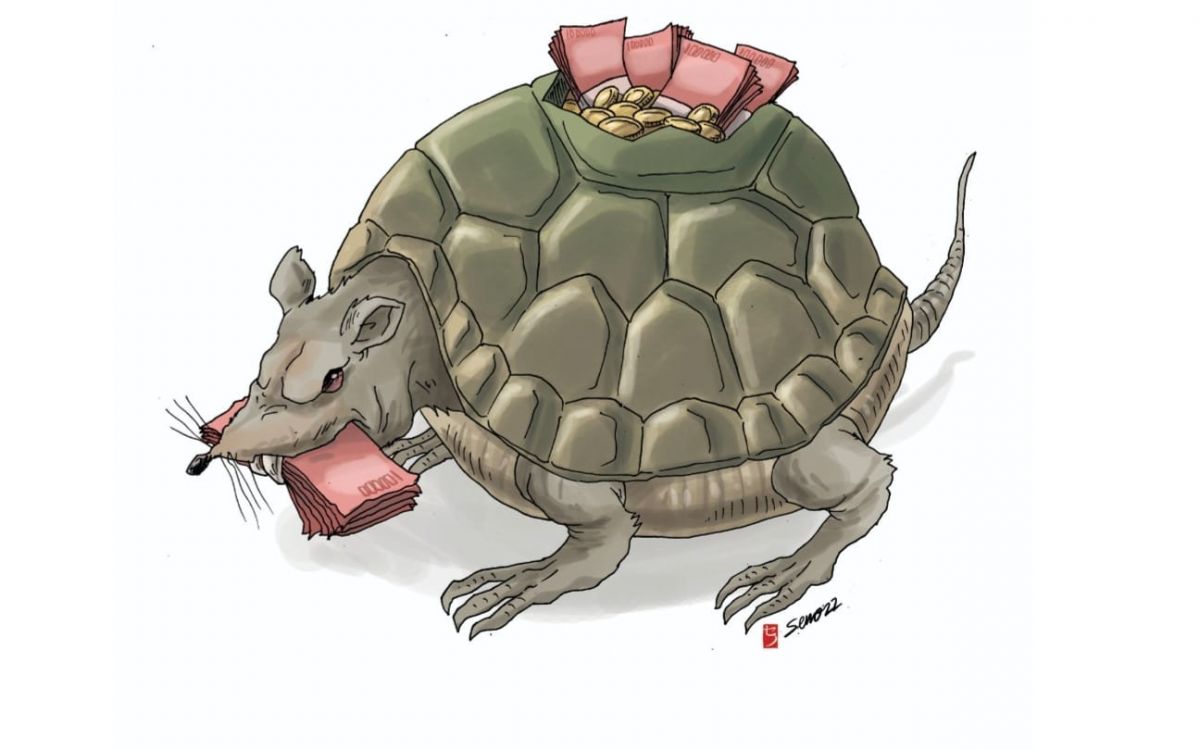Graduated with a perfect GPA, Doctor of Environmental Sciences Discussed Community-Based Flood Risk Management
Budi Heru Santosa, a doctoral program student at the School of Environmental Sciences, Universitas Indonesia (SIL UI) officially became a doctorate in environmental science with a GPA of 4. The title was officially obtained after Budi successfully defended his dissertation entitled “A Model of Community Resilience-Based Flood Risk Management (A Study in Periuk District, Tangerang City)”. His research describes a flood risk management design that takes into account aspects of increasing regional vulnerability, community resilience to flooding, and the complexity of the role of stakeholders. “This research uses a mixed method, which is a combination of quantitative methods and qualitative methods that are tailored to the specific objectives to be achieved,” said Budi.
The phenomenon of urbanization and population growth has resulted in land conversion which has an impact on increasing pressure on the environment and vulnerability to flooding. When a flood occurs, community resilience is needed to deal with it. Budi explained that the process of urbanization and population growth in Tangerang City is closely related to the growth of urban infrastructure. With these facilities and infrastructure, it is hoped that the resilience of the community in facing disaster threats can be increased, including the threat of flooding.

“In the context of reducing flood risk, the increasingly high level of urbanization in Tangerang City has contributed to the increase in flood problems, where the facilities and infrastructure to prevent flooding cannot keep up with the growth of the problem,” he said. Budi found that many studies used geospatial and AHP methods, but only used one data set, so the results of the analysis only represented one particular physical condition. In this study the evaluation and prediction of flood susceptibility was carried out based on time-series land cover data and rainfall data at various return periods so that it can be used for more accurate planning.
“This research proves the truth of the hypothesis that there is a close correlation between changes in land cover and the physical vulnerability of the area to flooding,” explained Budi. Research on flood risk management has been carried out before. However, in the research conducted by Budi, there is a novelty which lies in the application of an interdisciplinary approach in flood risk management design that takes into account the spatial aspects of the physical vulnerability of the drainage basin area to flooding, community resilience, and the complexity of the roles of stakeholders based on the principles of participation and collaboration.
Budi’s doctoral promotion session was held online on the Zoom Meeting Platform, Saturday (16/07). Prof. Dr. dr. Rachmadhi Purwana, SKM. acted as the promoter in the promotion session; and two co-promoters, namely Drs. Raldi H. Koestoer, M.Sc., Ph.D., APU; and Dr. Ir. Dwi Nowo Martono, M.Sc. The testing team in the promotion trial were Dr. dr. Tri Edhi Budhi Soesilo, M.Sc.; Dr. Ir. Agus Wibowo, M.Sc.; Dr. Drs. Suyud Warno Utomo, M.Sc.; Dr. Asep Karsidi, M.Sc.; Dr. Andi Eka Sakya M.Eng.; and Dr. Evi Frimawaty, S.Pt., M.Si.



